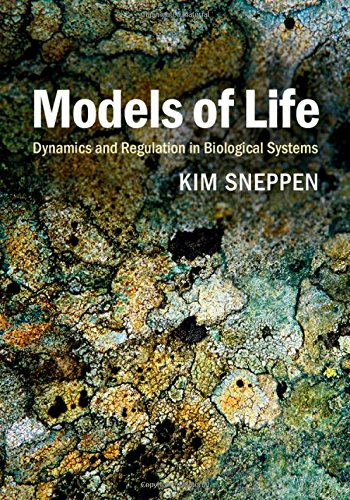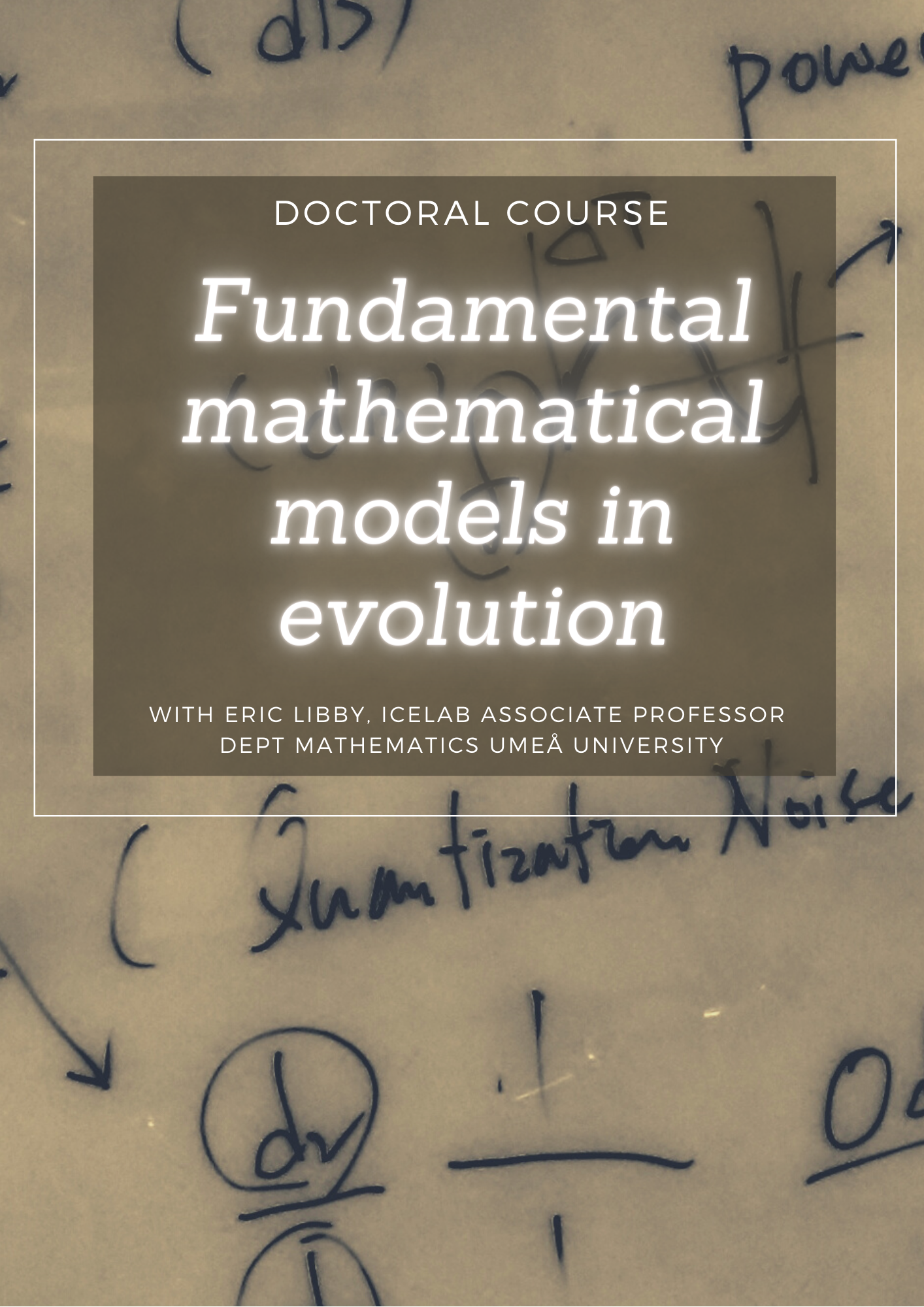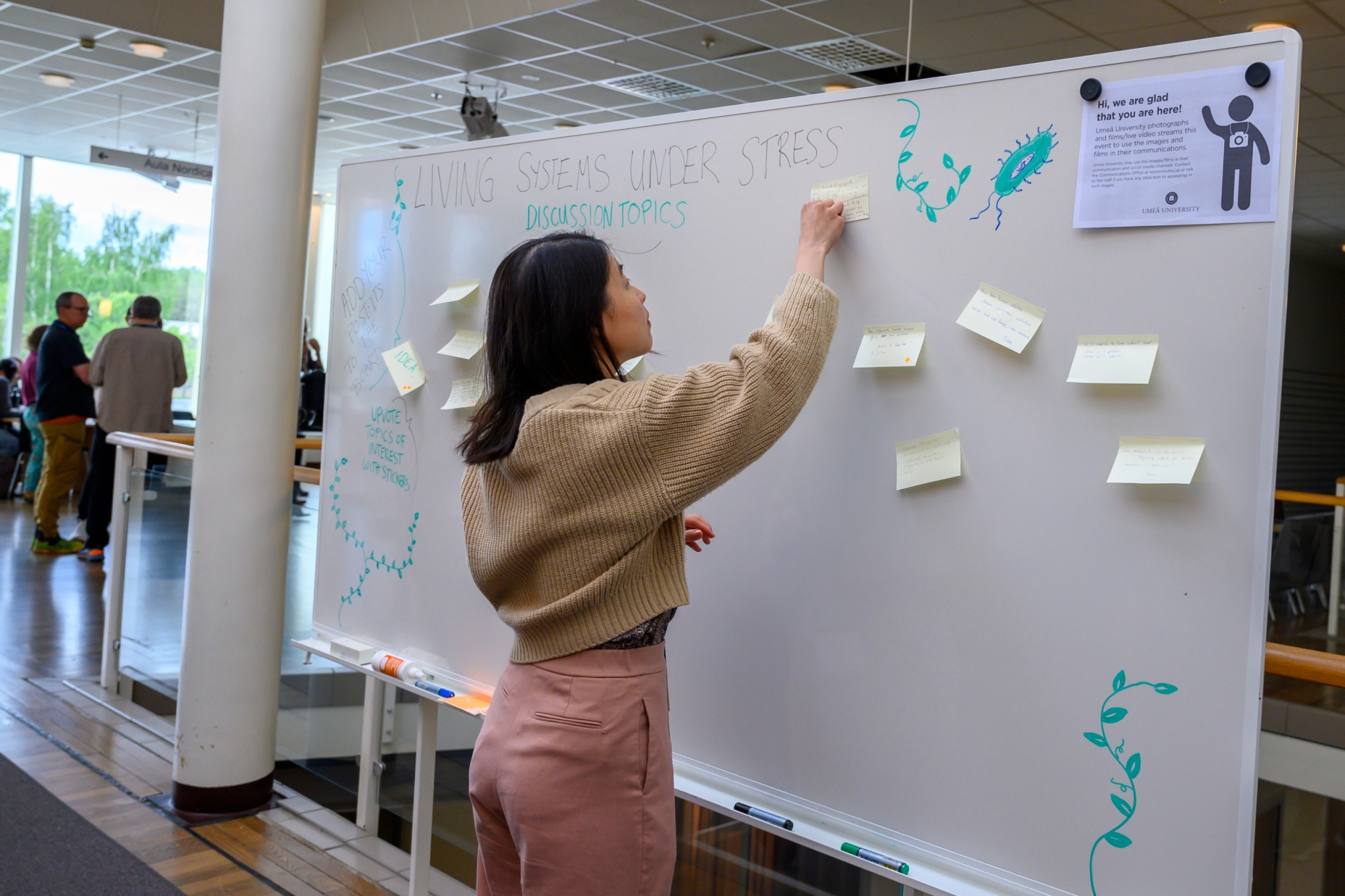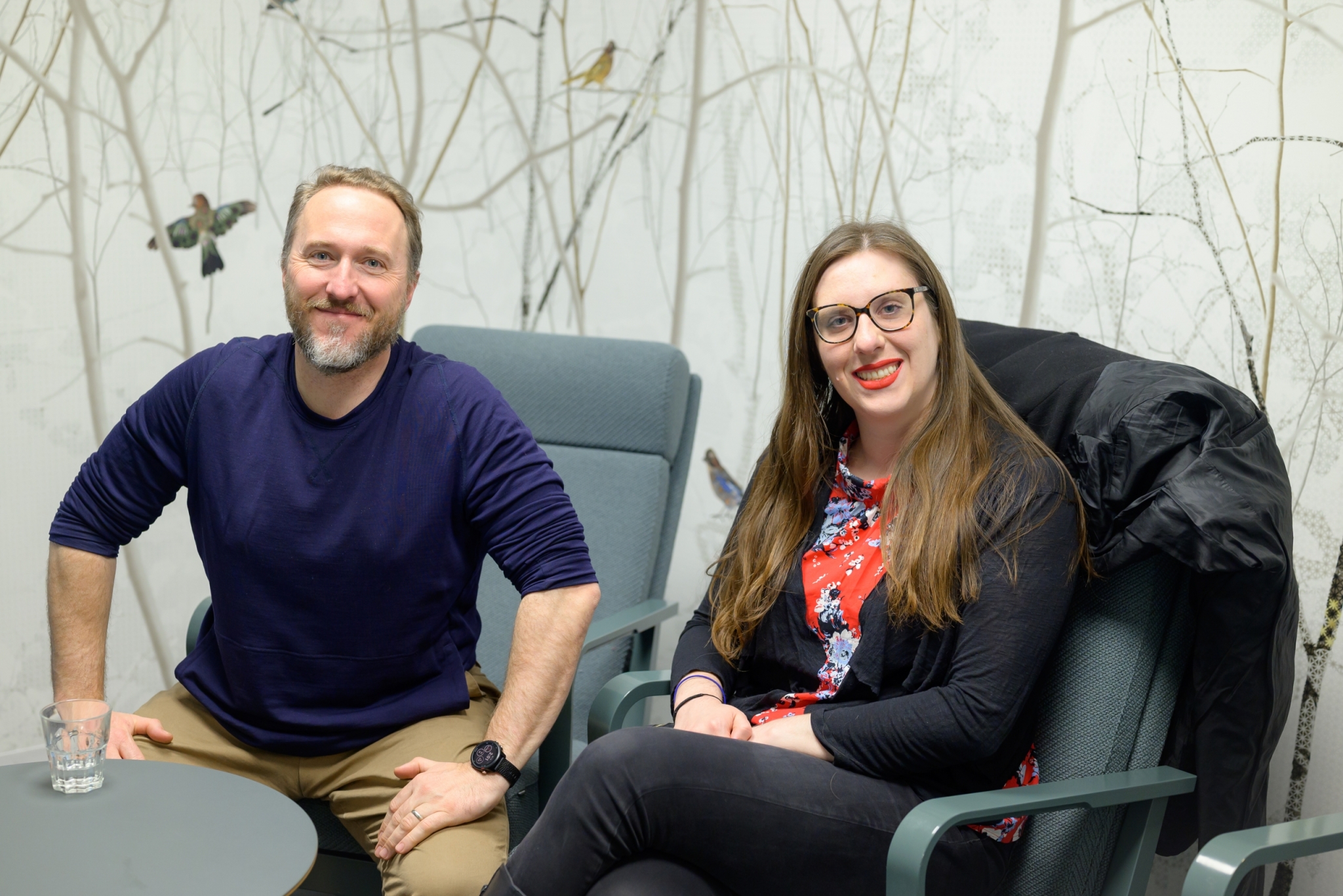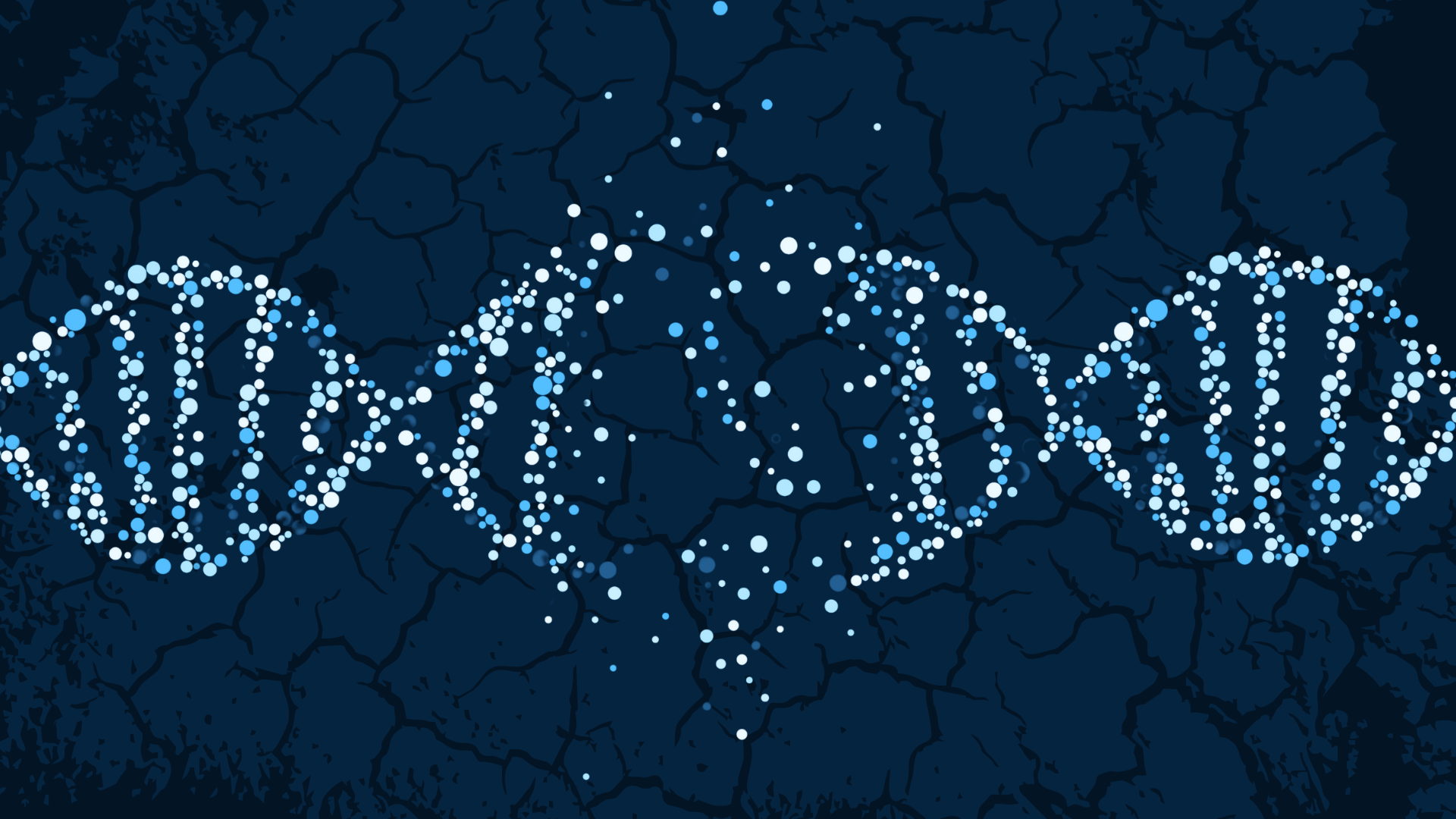Learn with IceLab
IceLab’s interdisciplinary nature lends itself to a great mix of courses taught by our team members. Find out a little bit more about the teaching activities going on and held in collaboration with IceLabbers.
IceLab Camp
IceLab Camp offers promising early career scientists from multiple disciplines the opportunity to bridge the traditional departmental boundaries of universities and initiate new cross-disciplinary collaborations.
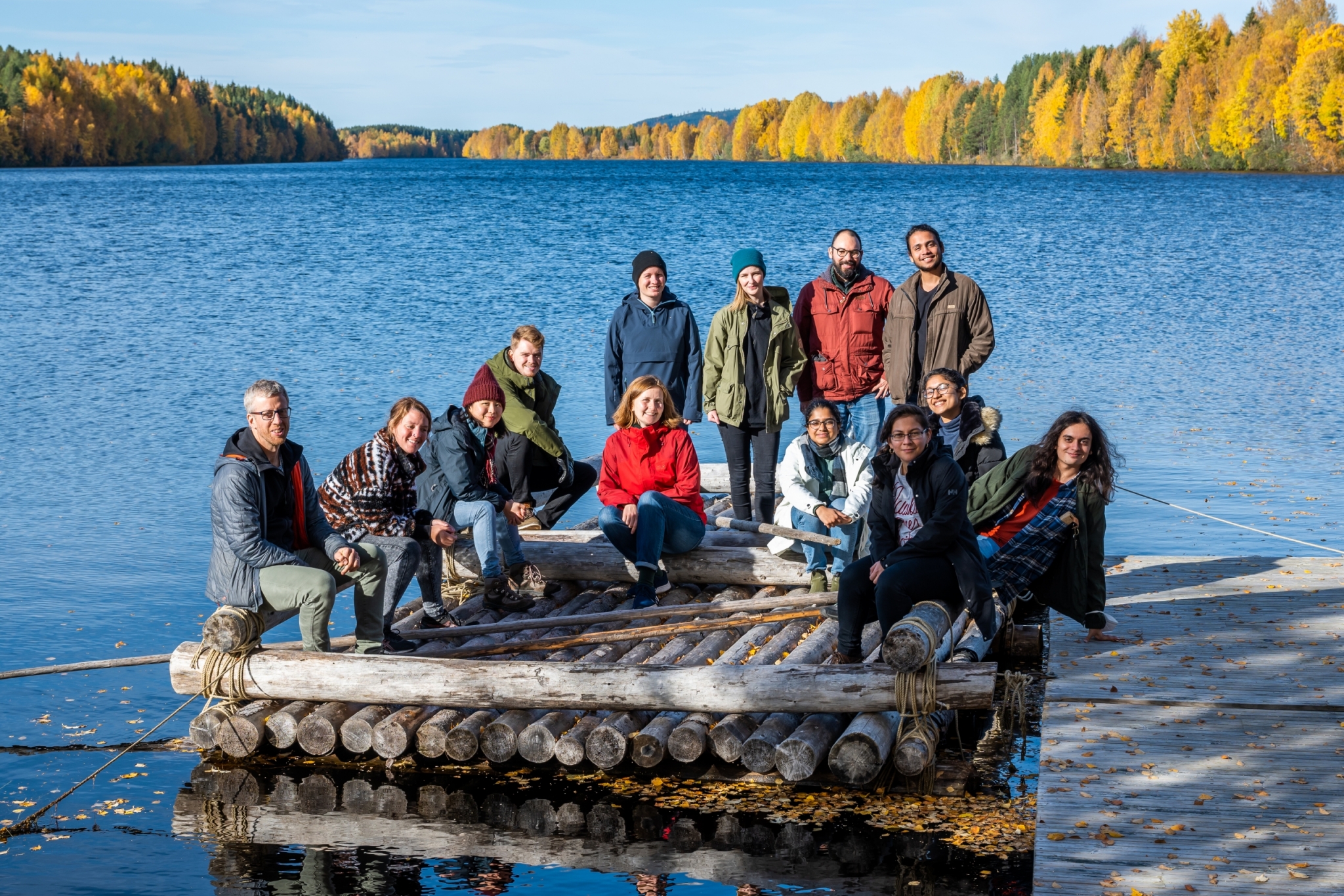
Method.
To approach research questions from different scientific directions through cumulative cycles of generation, analysis, rejection, and acceptance of ideas, and, in the collaborative process of repeatedly zooming in on the details and out on the big picture, improve each participant’s ability to express ideas, give and take constructive criticism, and interact with researchers from a wide range of backgrounds.
How.
Participants work in multidisciplinary teams to develop, write, and present a small research project. We use the first day or two to converge on different research questions and the following days to find the best theoretical or experimental framework to answer those questions. On the last day, each team presents its approach. Between sessions of projectwork, we will sandwich in SciFoo2-‐type opportunities to promote unconventional interaction and collaboration, presentations of several researchers’ biographies to highlight the wide variety of possible scientific careerpaths, and interactive games to break open the boundaries of creativity.
A few senior researchers will work as coaches/mediators to promote interactions and creative thinking.
Application.
Applicants are young researchers from universities in Sweden or abroad. Together with a CV, applicants should provide a summary of what they hope to gain from this event and how they would contribute to the collaborative outcome.
Dynamic modelling of living systems
This course is intended for students from physics or the life sciences who want to understand living systems with models and simulations. If you are physics student, you have a strong background in computational physics, which you have used to solve problems in statistical mechanics, solid state physics, electro-magnetism and so on. But these skills can extend far beyond traditional physics. If you on the other hand come from the life sciences, you have scientific training in biology, biotechnology, or medicine. If you integrate that training with modelling and simulation skills, you have a unique competence to address biological problems in new ways. In this course, we will study a collection of models and methods to describe gene regulatory networks, geographic epidemic spreading, species competition, and much more. Apart from getting a deeper understanding of these problems, the models can inspire and help you to craft new ones in future challenges. Moreover, as this course targets students with diverse educational backgrounds, it will help bridge interdisciplinary communication between students from different fields within the natural sciences. Overcoming this is crucial in industry as well as in research.
Ludvig Lizana, lecturer
Communicating Scientific Research
In an increasingly linked and networked world, scientists need to be effective communicators to many different audiences, from grant agencies to scientific peers, public audiences and the media. To communicate science well does not always come naturally, but just like other aspects of scientific work, science communication is a skill that can be learnt and developed. In this PhD level course students will learn about the common skills that all effective science communicators have: identifying and characterizing the target audience, distilling the relevant information to be communicated, effective ways to deliver and receive information, and the variety of techniques and media by which scientific information is communicated.
Doctoral Course, 3 ECTS.
The last course took place in Spring 2023. Next course is anticipated to be Spring 2025. Contact one of the lecturers if you want to be reminded when registration opens.
Syllabus can be found here.
Martin Rosvall, Keith Larson, Gabrielle Beans lecturers
Writing Science
The ability to write scientific papers is a central skill and critical to the success of scientists. The overarching aim of this course is for students to receive the underlying philosophies and tools necessary to become skilled scientific writers. The course includes the three components of effective communication: content, structure, and language.
We analyze the key elements of good research articles, emphasizing the significance of the overall structure and exploring different strategies used to develop clear and interesting papers. Each student works individually to refine his or her short articles using the tools presented during the course. At each course meeting, students work in small writing groups where they analyze and provide constructive criticism on each other’s papers.
Examples of additional topics covered during the course include the importance of scientific writing for scientists, how to interest readers, how to formulate a research question, how to frame solid arguments, and how to generate titles and write concise and compelling abstracts. Finally, students will meet and be able to ask questions to a chief editor of a scientific journal.
Doctoral Course, 5 ECTS.
Syllabus can be found here.
The course usually runs for five weeks in November–December and March–April.
You can apply to the course here.
Martin Rosvall, lecturer
Ludvig Lizana, lecturer (2019)

Fundamental Mathematical Models in Evolution
Evolutionary biology is home to a broad diversity of mathematical models and techniques. For those new to modeling biological systems it can be challenging to identify what models are available and which are appropriate to particular scenarios. The purpose of this course is to provide a broad survey of well-known mathematical models in evolution, i.e. the “usual suspects”. Emphasis is placed on understanding the basic formulation of each model, its underlying assumptions, its key results, and possible extensions. Below are a sample of the topics the course will likely cover. • The price equation, as a statistical theorem of evolutionary change • The prisoner’s dilemma and evolutionary game theory • Conway’s game of life and cellular automata models • Wright-Fisher and Kimura models for genetic drift • Moran model for fixation probability of mutations, and evolutionary graph theory • Hamilton’s rule in social evolution • Error threshold and information theory • Kauffman’s NK model and boolean networks Depending on the interests/backgrounds of the participating students, we may cover additional topics including multi-level selection, Markov chains, adaptive dynamics, branching processes, phylogenetic tree construction, trait group models, etc.
Eric Libby, lecturer
Course offered April 2021, 7.5 ECTS.

